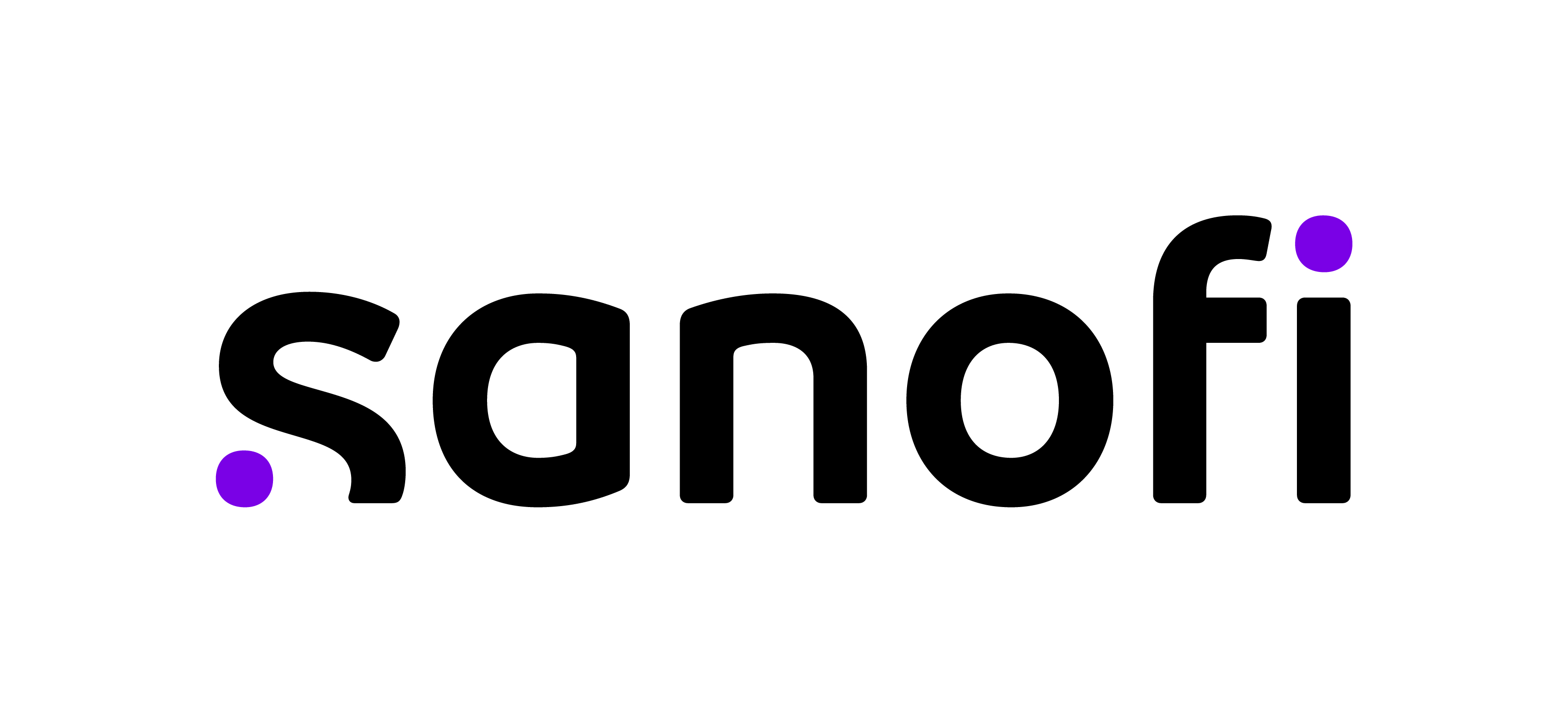The Environmental Protection Agency (EPA) approved a new ingredient for use in insect repellents—yet another example of how biotech innovation is using nature to solve environmental challenges.
Meet nootkatone. The ingredient is found naturally in grapefruit skin and Alaska yellow cedar trees, and it’s responsible for grapefruit’s signature citrus scent.
It repels and kills ticks, mosquitoes, and other biting insects. “Studies show that when nootkatone is formulated into insect repellents, they may protect from bites at similar rates as products with other active ingredients already available and can provide up to several hours of protection,” said the EPA.
In fact, it's so safe, it's used by the food and cosmetic industries for citrus flavor and scent, says The New York Times.
And it’s all thanks to biotech. BIO member Evolva has worked to advance the development and commercialization of nootkatone, with a Biomedical Advanced Research and Development Authority (BARDA) grant.
Why it matters: “The number of reported cases of mosquito- and tickborne diseases doubled from 2004 to 2018. Tickborne diseases represent almost 8 in 10 of all reported vector-borne disease cases in the U.S. Increasing risk from these diseases means increasing demands on federal, state, and local health departments and vector control agencies,” explained the EPA. “Having a new effective ingredient for insecticide available will assist in addressing the growing levels of insecticide-resistance to other products currently in use.”
What they’re saying: “NootkaShield™ is another example of our innovative power. At Evolva we’ll continue to develop new solutions that address customer and consumers’ needs around the world and can contribute to health and wellbeing,” said Oliver Walker, CEO of Evolva.
Are you developing a biotech solution in the agriculture and environment space?Nominate your company to be the Buzz of BIO at BIO IMPACT Digital next month! But hurry, because you have to enter by tomorrow, August 14.
More Agriculture and Environment News:
The Age: Alpacas provide new hope for a COVID-19 cure
“Camelids, a species that includes alpacas, llamas, and camels, produce two types of antibodies, one similar to human antibodies and the other dramatically smaller, called a nanobody.”



















